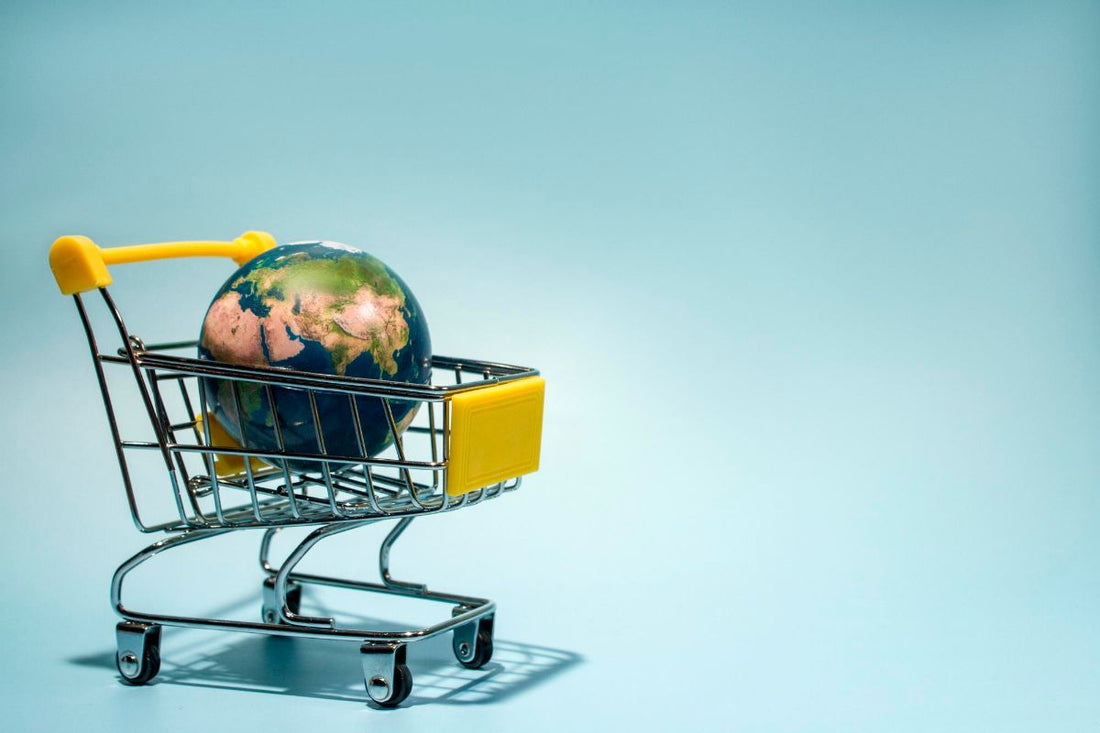From Abundance to Awareness: A Brief History of Food Waste as a Global Problem

In a world filled with abundance, it's truly eye-opening to realize the immense amount of food that goes to waste before it even reaches our plates. In today’s article, we will dive into the world of food waste, from its humble beginnings to the global problem it has become today. We're also excited to share innovative solutions, such as the QA'LIL app, which aims to tackle food waste and contribute to a more sustainable planet. Join us on this educational adventure to uncover practical ways we can all make a significant difference.
Exploring Food Waste: Tracing the Journey
Picture a time long ago when abundant food was but a dream for many across the world. In the days of ancient civilizations, people relied on the unpredictable patterns of agriculture, alternating between times of feasting and famine. During periods of abundant harvests, communities thrived. However, they always prepared for potential lack of food by preserving every bit of food for future use. This resourcefulness not only sustained them but also reinforced the idea that every morsel counted, fostering a deep respect for the value of food that transcended generations.
The Industrial Age: Convenience and Consumerism
The Industrial Revolution, which began around the mid-18th century and continued into the 19th century, brought about major changes in how food was made and enjoyed. Innovations like mass production, refrigeration, and better transportation systems transformed the production, distribution, and consumption of food, making a wider variety of foods available to more people. While this era helped address food scarcity for many, it also unintentionally laid the groundwork for today's food waste challenge.
Food Waste in the 20th Century
During the 20th century, the rise of supermarkets and fast-food chains made food more accessible than ever, but this convenience had its downsides. The shift towards convenient and processed food options resulted in an increase in pre-packaged meals and a preference for perfectly shaped produce, both of which played a significant role in the growing food waste problem. This shift not only altered our eating habits but also posed a considerable challenge to sustainable food practices, prompting a need for reevaluation and change.
As consumer culture thrived, so did the habit of discarding food, gradually making wasteful behavior a common part of daily life. This shift towards a culture of abundance and excess laid the groundwork for today's food waste challenge, prompting us to reevaluate our relationship with food within the context of sustainability and environmental responsibility.
The Wake-Up Call: Realizing the Impact
In recent decades, the environmental movement has surged, drawing attention to the critical issue of food waste. Researchers and activists have conducted extensive investigations, revealing far-reaching consequences that extend beyond environmental concerns to encompass global food security and economic stability. The link between food waste and greenhouse gas emissions has become increasingly evident, with discarded food decomposing in landfills and emitting methane, a potent contributor to climate change. This stark contrast of wasting a third of the world's food production while millions go hungry has become an unmistakable and urgent problem.
Amid these revelations, innovative solutions like the QA'LIL, part of WIN Sustainably's food app family, have emerged as beacons of hope. By choosing to consume surplus food from a network we, as a community, can significantly reduce the staggering 450 billion kg of global food waste. This app not only aligns with sustainability goals but also fosters a sense of shared responsibility in addressing the pressing issue of food waste.
The Path Forward: From Awareness to Action
As awareness of food waste heightens, a global call to action resounds, urging immediate solutions. Leading this transformative charge are platforms like WIN Sustainably and apps such as QA’LIL, which seamlessly connect consumers with food retailers, heralding a new age of mindful consumption. Together, they are crafting a food system that is equitable and sustainable, underpinned by community and technological innovation.
Ready to make a difference? Join the movement towards a waste-free world and download the QA’LIL app today. Together, we can reshape our food system, minimize waste, and foster a future of sustainability and mindfulness.
Your journey towards conscious consumption starts now!